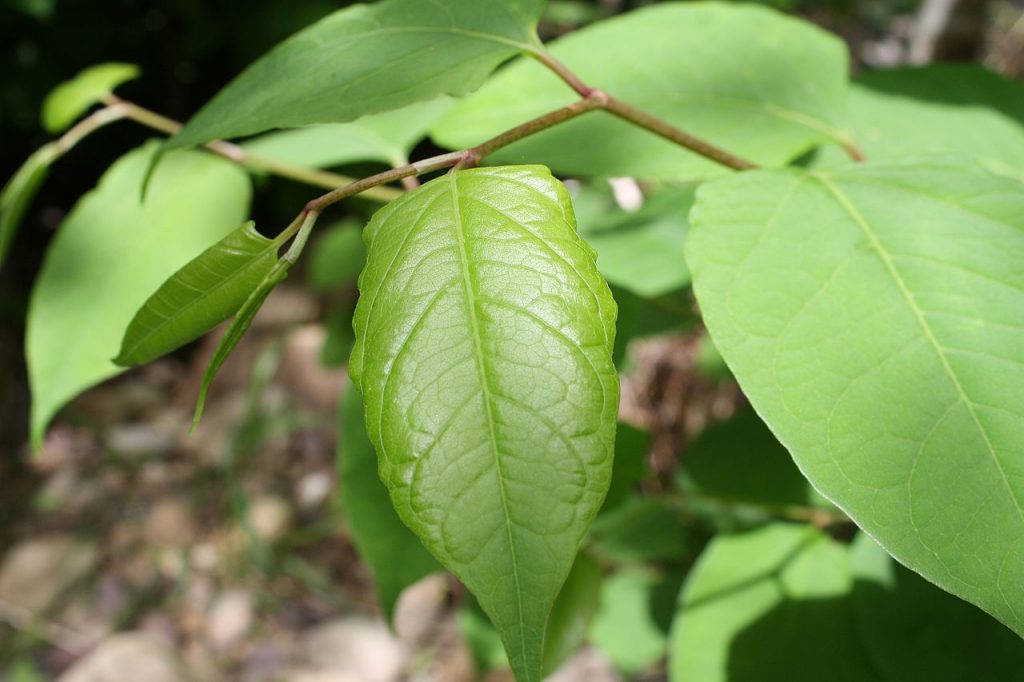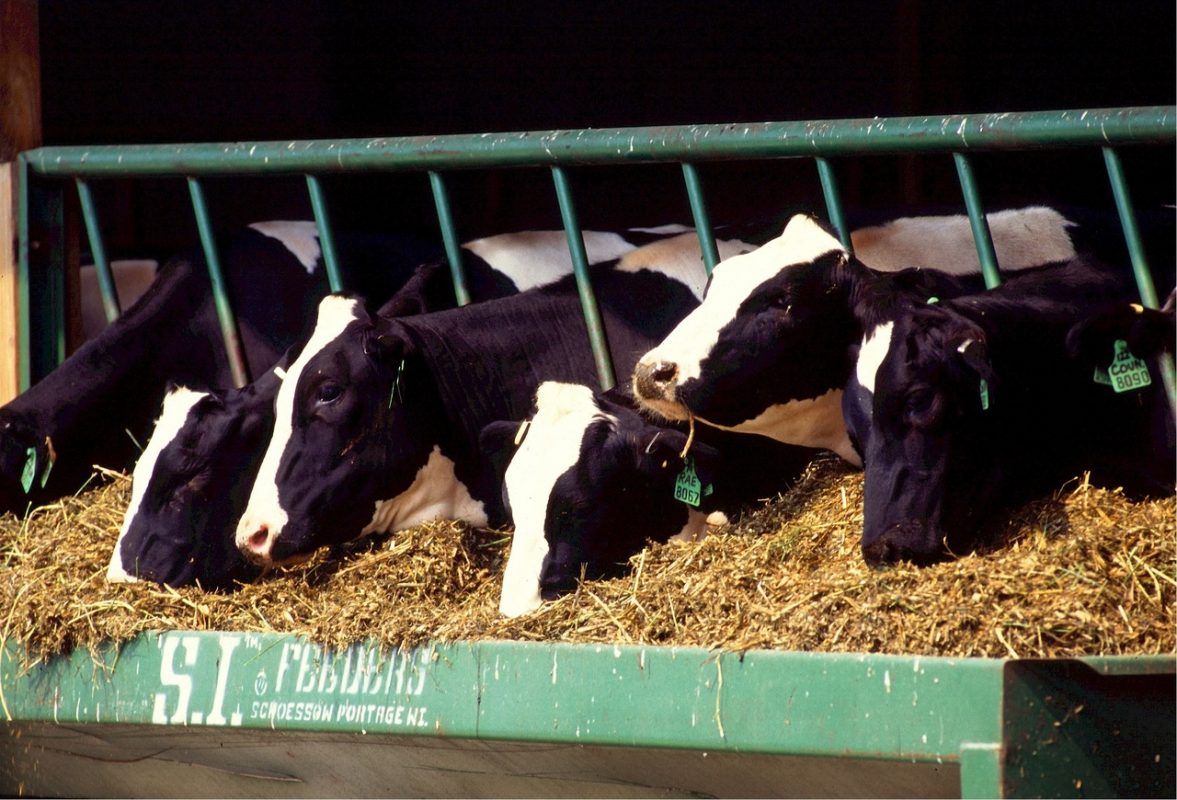Some councils to trial alternatives to controversial glyphosate

August 24th, 2018
Earlier this month, a San Francisco court ordered Monsanto to pay out $289m to a terminally ill man after a jury unanimously agreed that the giant agrochemical company was responsible for causing his cancer.
The cause of plaintiff Dewayne Johnson’s cancer, the jury determined, was exposure to glyphosate, the active ingredient in the company’s popular Roundup herbicide that Mr Johnson used during his role as a school groundskeeper. Monsanto has said that it intends to appeal the decision.
Following this historical case, The Green News asked all local authorities in Ireland about their use of glyphosate products and if plans are in place to move to alternative options in light of the court’s decision.

The lawsuit alleged exposure to Roundup (glyphosate) caused Dewayne Johnson to develop non-Hodgkin lymphoma
Dublin City Council (DCC) is currently trailing several alternatives to Roundup, using hot water, foam stream, flame weeding and concentrated vinegar to tackle weeds.
The Council is “conscious” of the need to replace the herbicide due to its potential risks but is also cognizant of the public’s wish to maintain a “tidy” appearance in the city, said a DCC’s spokesperson.
“These alternative trials have eliminated weeds but the degree of success achieved with one application of herbicide will probably require up to three or more applications annually,” the spokesperson said. These methods are “unlikely” to be as economical as existing herbicides.
“It’s also possible that it won’t be feasible for local authorities to deliver the number of maintenance visits required to eliminate all weed growth and achieve a herbicide-free city. A tolerance of weeds may become more normal,” they said.
In 2014, 3,500 litres of glyphosate were used across the Irish capital. Last year, 550 litres were sprayed by the Parks Services and 800 litres and 20kg in granular form were used by the Roads Maintenance Service. This was a “significant” decrease, according to DCC.
At a recent meeting of Leitrim County Council, a motion calling on the Government to ban the use of glyphosate passed. The County Council has now agreed to not use the product in future works.
“We haven’t been using such products for the past number of months. We have a program of treating Japanese Knotweed on at the moment and we’re using an alternative product,” a council spokesperson told us.
In Laois, the Environment or Water Services in Laois County Council are not using glyphosate. The Roads Department did not reply to The Green News by the time of publication.
Safe and efficient
Most Irish counties are still using weedkiller containing glyphosate, such as Donegal County Council, telling The Green News that it is the most effective product to treat invasive plant species. The chemical’s license was renewed for five years last November by the European Commission.
“If a product is licensed for use in the EU then we wouldn’t unilaterally ban its use in Donegal. We are aware of the decision from America and also that [Monsanto] intends to appeal so we’ll keep this situation under review,” a council spokesperson said.
Galway County Council said that a range of methodologies including the use of weed-killing chemicals is being employed in the wider county area.
“Any materials are used only if they are licensed for use and are used in accordance with safety and environmental guidelines. Should any of these licenses or guidelines change in the future, the Council would, of course, modify use and employ different methods and materials as required,” a council statement reads.
Cork County Council is also using herbicides containing glyphosate “from time to time” on its roads, amenity sites and waste facilities to treat invasive species such as Japanese Knotweed.
“The Council has a robust safety management system in place to ensure that staff using hazardous chemicals of this nature, comply with all statutory environmental requirements and put the necessary health and safety controls in place,” a spokesperson told us.

Japanese knotweed Photo: US Fish and Wildlife Service
Wexford County Council also uses glyphosate to eliminate invasive species, telling us that There is “no effective alternative” available to eliminate Japanese Knotweed. “Eradication takes at least three years to achieve, with glyphosate being applied in consecutive Septembers to get the most effective results.
“We’re now precluded from using residual weedkiller with contact sprays being the only alternative. Glyphosate is the most effective contact spray. If we become aware of a more effective spray we’ll certainly use it,” the council said.
Limerick County Council is “investigating” the use of alternatives. “Appropriate training and personal protective equipment are issued to all workers involved in using the weedkiller. Risk assessments are carried out before it’s used and is only used as per the manufacturer’s directions.”
The roads team in Clare County Council has yet to try any alternatives; however, the council is considering the use of “viable” alternative to glyphosates.
While Irish Water does not use the molecule on their water treatment plants, the “isolated use of a pesticide” may be required at certain sites to deal with invasive species. “In such instances, specialist contractors are employed to undertake the pesticide treatments,” a spokesperson said.
[x_author title=”About the Author”]






